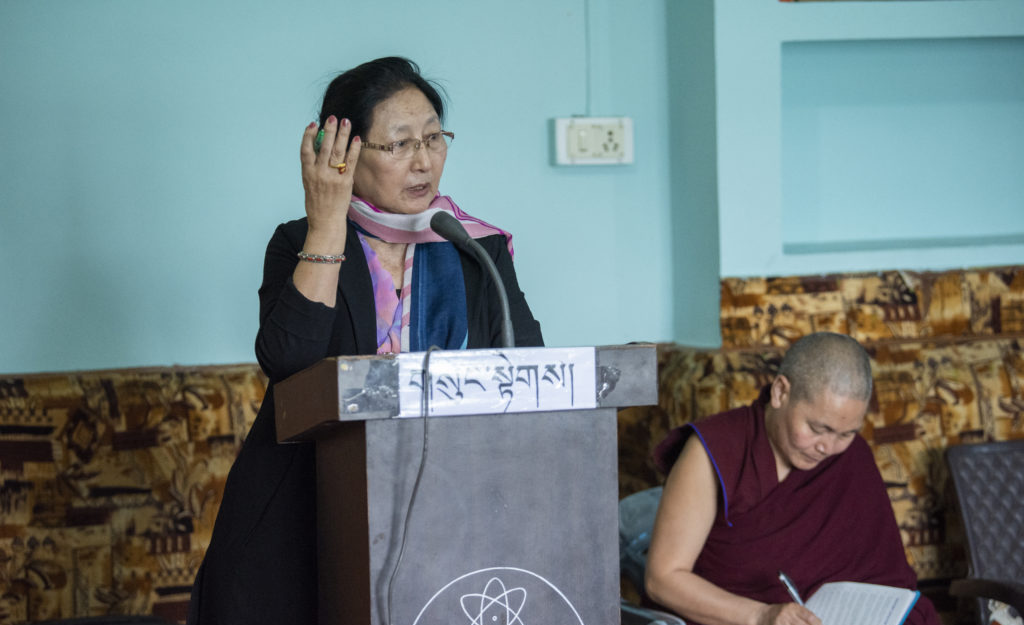Dharamsala: The Department of Information and International Relations (DIIR) of the Central Tibetan Administration (CTA) welcomes the UN human rights experts’ communication raising serious concern over the Chinese government’s colonial-style residential schools and its assimilationist impact on Tibetan cultural and national identity.
Four UN Special Rapporteurs — with mandates on Minority Issues, Fernand de Varennes; Cultural Rights, Alexandra Xanthaki; the Right to Education, Farida Shaheed; and Freedom of Religion or Belief, Nazila Ghanea — voiced their concerns about China’s assimilationist policies threatening the existence of Tibet’s language, culture, and religion. These experts have particularly raised serious concerns over China’s vast network of colonial boarding schools in Tibet while also asking several questions to China about its “policy of acculturation and assimilation of the Tibetan culture […], through a series of oppressive actions against Tibetan educational, religious and linguistic institutions.”
Nearly one million Tibetan children, ages ranging from 4 to 18, are currently forcibly enrolled and placed in Chinese boarding schools in Tibet away from their families, depriving them of the opportunity and the space to learn and acquaint themselves with their own religion, culture, and language. Considering that many of these children suffer emotional and psychological trauma from forced separation from their families and incessant political indoctrination sessions, as well as horrific experiences of sexual abuse, racial discrimination and poor living conditions in these boarding schools, the UN and governments around the world must take concerted actions to ensure China is held accountable for flagrant violations of its international and national legal obligations.
In addition to the communications with and case submissions on gross human rights violations in Tibet being made to the UN Special Procedure and the Office of the High Commissioner on a regular basis, the DIIR wrote to the then newly-appointed UN High Commissioner for Human Rights, Mr Volker Turk, on 16 December 2022. The letter expresses grave concerns about several human rights violation issues in Tibet including the colonial boarding schools, severe Covid restrictions in Tibet, compulsory mass DNA sample collection and a series of self-immolations in Tibet since 2009. The High Commissioner is urged to prompt UN investigations into all these rights violations being perpetrated against the Tibetans in Tibet.
Noting the significance of the recent Special Rapporteurs’ communication, the Kalon (Minister) of DIIR, Norzin Dolma, stated, “We welcome the timely intervention of the UN Special Rapporteurs’ probe into China’s colonial-style boarding schools currently in mass operation across Tibet. Leaving such a horrendous policy and practice unquestioned and unchecked will, unfortunately, lead to the gradual extinction of the Tibetan national identity — including its language, culture and religion — in all its form and essence. Therefore, we urge the Office of the High Commissioner to call upon China to allow unfettered access to Tibet to conduct an independent investigation. The DIIR also thanks the UN Special Rapporteurs, governments, elected officials, NGOs, Tibet supporters and human rights defenders for their relentless effort to bring justice and freedom to Tibetans inside Tibet.”
-Report filed by UN, EU & Human Rights Desk (Department of Information and International Relations)





